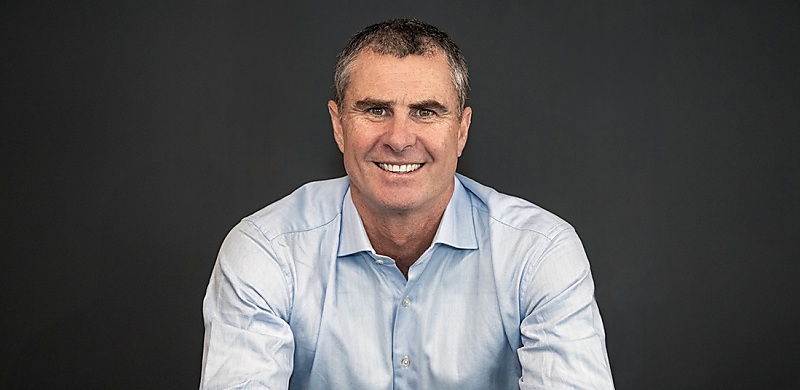
The lender is turning down an increased amount of loan applications due to ATO-related debt.
Non-bank lender Banjo Loans revealed that it has had to turn down an increasing number of applications due to the Australian Tax Office’s (ATO’s) plan to recollect COVID-related debt.
The chief executive of Banjo Loans, Guy Callaghan, explained that while ATO debt wasn’t the foremost reason for rejecting applications, the number is increasing.
Banjo Loan’s Barometer report for 3Q24 (ended 31 March) revealed that serviceability was still the most common reason for a small-to medium-sized enterprise’s (SME) loan applications to be declined.
Callaghan commented: “It still isn’t the number one reason for declining a loan application, which goes to loan serviceability, however, the numbers of applications declined based on ATO debt are increasing each quarter, albeit from a low base.”
The CEO of Banjo Loans said that tax-related debt was of “[increased] concern to lenders” and that it was causing issues for applicants.
Callaghan further explained that SMEs may be reluctant to pay off tax debt due to issues with cash flow. He said: “More and more businesses are struggling with cash flow so it can look like an easy short-term solution to withhold tax, but it always catches up with you and now the ATO is openly stating they are coming for their money.
“Lenders are wary of giving funds to businesses with tax debt, so it is crucial for struggling small businesses to address this issue as a priority.”
Callaghan advised SMEs to consider a payment plan with the ATO, stating: “Our advice to prospective clients is to enter a payment plan as soon as possible with the ATO to get a handle on the debt and then find a path forward.”
Banjo Loans’ Barometer report also revealed that business sentiment was more positive, which the non-bank attributed to the widespread expectation that there would be no future rate rises in 2024.
The lender’s advice coincides with the release of new research on Wednesday (24 April) from online accounting platform Xero revealing that its quarterly Small Business Index was 120 points in 3Q24 (ended 31 March), up slightly from the December quarter, which was 115 points.
The index is based on customers who use the accounting platform and include metrics such as sales performance, wage growth, and time to be paid. The index had a significant jump in February this year, measuring 127 points, an increase from 98 points in January and 89 points in December.
Xero said that the improvement in the index was a “welcome sign” indicating that “small businesses started 2024 better than they ended 2023”.
Speaking on future income tax cuts, the accounting platform said: “Income tax cuts, anticipated to start on 1 July 2024, could provide a further boost to customers capacity to spend and support sales growth in the second half of the year.
“These tax cuts are likely to come into effect before any cut in interest rates by the Reserve Bank of Australia (RBA).”
[Related: SME loan applications up 28% YOY: Banjo Loans]
